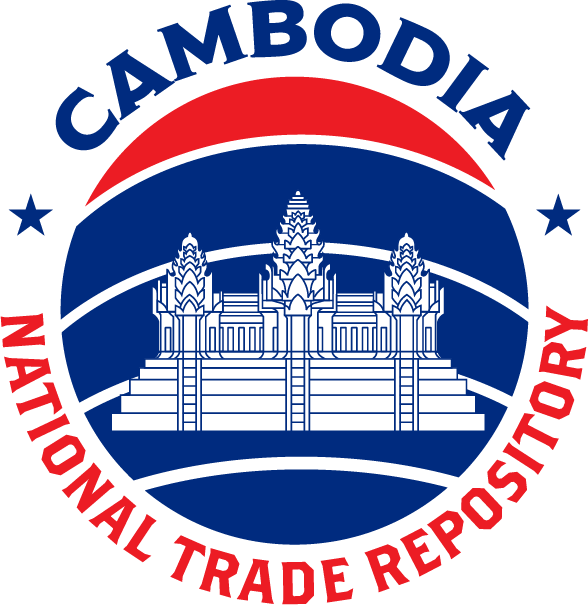Government and business representatives continue to remain optimistic about Cambodia’s prospects after the ASEAN Economic Community integration next year, saying that the Kingdom had upped production levels and strengthened quality measures to remain competitive in the region.
Speaking at a workshop on the upcoming AEC integration in Phnom Penh, industry leaders said the country was well-placed to take advantage of the expected increase in capital and goods flows, however, there were still a few obstacles to overcome.
“We are in a good location – between Vietnam and Thailand – and we should take this opportunity to facilitate trade across the region,” said Commerce Minister Sun Chanthol.
Despite this optimism, Chanthol said concerns over the high cost of energy, infrastructure and logistics needed to be addressed to increase the Kingdom’s competitive edge.
Cambodian agriculture tycoon Mong Reththy said his company, Mong Reththy Group, had ramped up its production levels and was ready to compete with the possible influx of goods from other ASEAN member states.
“We know that we will enter AEC and have increased both human resources and finances in the agriculture sector.”
He added that the group could increase its supply of palm oil, rubber, mango and pork in the local markets to offset the influx of similar products from neighbouring countries.
A presentation made by a Mong Reththy Group representative at the meeting suggested the establishment of bilateral trade agreements by the Cambodian government with ASEAN members to better take advantage of the new economic bloc.
“Our suggestion to the government is to have more MoU agreements, as well as provide us with low-interest funds to extend our productivity and produce more value-added products,” the representative said.
Keo Mom, CEO of LyLy Food, said she was worried that small- and medium-sized enterprises (SMEs) were still ill-prepared to compete with ASEAN.
“When production levels are low [in the case of SMEs] the costs are higher, and we will need technology and financial assistance,” she said.
She added that while product exports may not face tariff barriers post-AEC, businesses here will have to overcome the “quality barrier”, given the stricter standards and requirements of Vietnam and Malaysia.

